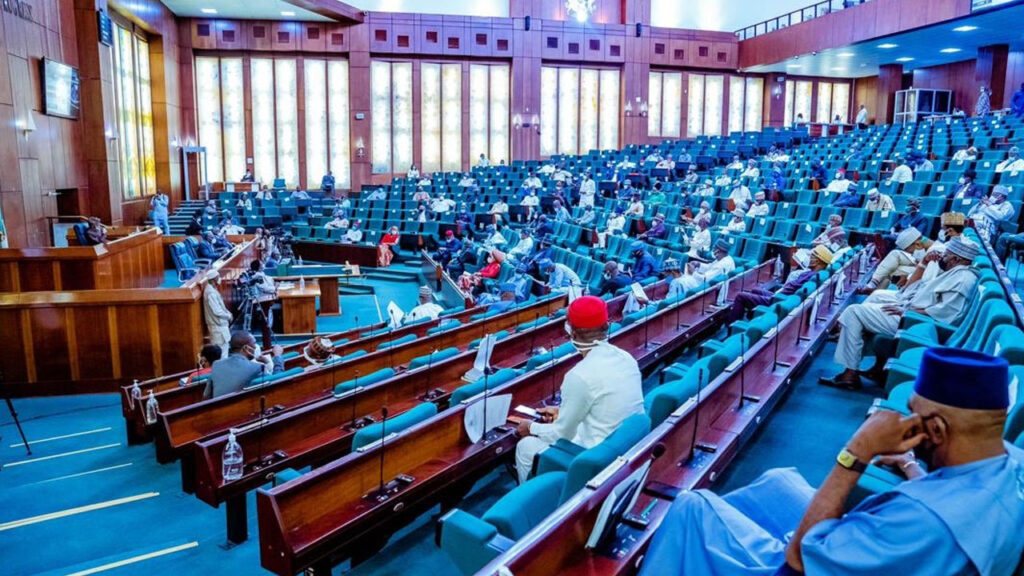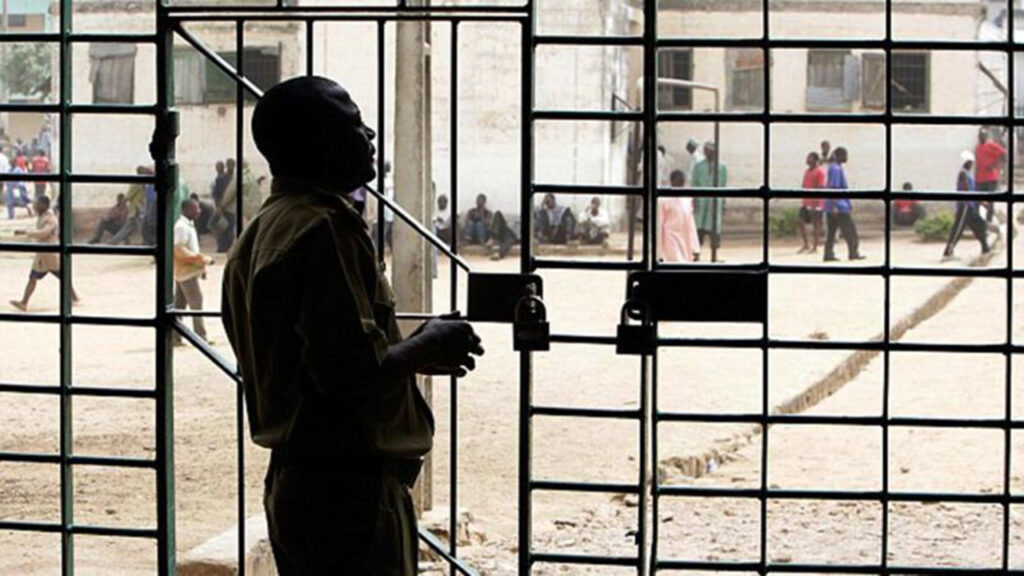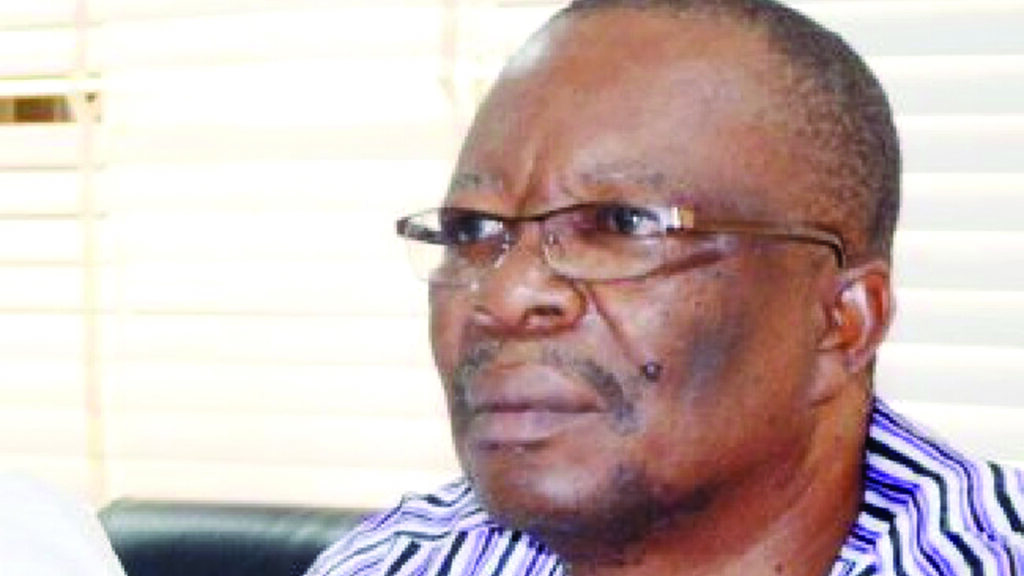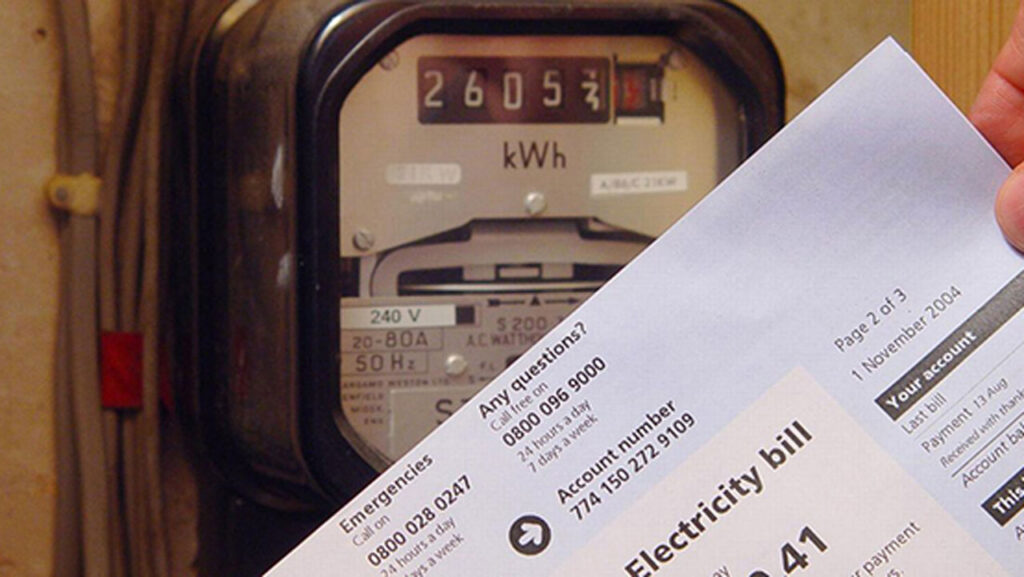
The House of Representatives yesterday passed a bill seeking to amend the Electoral Act 2022 with a view to ensuring seamless electronic transmission of election results.
The proposed amendments were stipulated in the proposed amendment to the Electoral Act, 2022, sponsored by the Chairman, House Committee on Rules and Business, Honourable Francis Waive, which scaled through the Second Reading.
In his lead debate, Waive expressed a bill for Second Reading, brightening the prospect for electronic transmission of election results to minimise fraud in the electoral process.
The proposed legislation also seeks to amend selected sections of the current Electoral Act to provide for the re-registration of voters, same-day elections, electronic transmission of results, and punishment for frivolous election petitions.
Section 60 (5) of the Principal Act is amended by inserting the word ‘Transmit’ after transfer and also the word ‘Electronically’ at the end of the sub-section that: “The presiding officer shall transfer and/or transmit the results, including the total number of accredited voters and results of the ballot electronically.”
Waive who observed that there are gaps in the current Electoral Act 2022, noted that an amendment of the law became necessary to pave the way for electronic transmission of results, which would help the nation’s democracy.
He also argued that “a review of the voter register every 10 years will be a good starting point.”
The proposed legislation seeks to amend Section 10 of the Principal Act by providing for a new subsection (3) that: “without prejudice to the provisions of this section and subject subsection (2), every 10 years the Commission shall carry out a re-registration exercise of all eligible voters in preparation for the next general elections.”
Also, Section 28 (1) of the Principal Act is amended by adding a new paragraph (c), which provides that “subject to paragraph (a) of this section, and without prejudice to other sections of this Act, election into the office of the President, National Assembly, State Governors, and State House of Assembly shall be conducted on the same day.
Furthermore, Section 47 of the Principal Act is amended by inserting a new subsection (3), and the current subsection (3) now becomes subsection (4) as follows: “Where the process of accreditation specified in subsection (2) above fails, such a voter is automatically disqualified from voting, that is to say, no accreditation, no voting.”
Also, Section 130 (2) of the Principal Act is hereby amended by providing a new sub-section (2) while the previous sub-section (2) becomes sub-section 3 as follows: “notwithstanding the provisions of sub-section (1) above, any person who presents a frivolous petition to the tribunal shall be liable to pay a huge fine to the respondent if the court so determines the petition to be frivolous and a waste of time.
In his contribution, Hon. Aliyu Madaki warned that the House “should not punish a voter because he was not accredited
He added that “a voter who comes out to vote and whose name is in the register should be allowed to vote.”
He, however, maintained that where there is no accreditation, there should be no voting carried out in such a polling unit.
Also speaking, Hon. Jesse Onuakalusi noted that it is imperative to conduct elections and transmit the results electronically, maintaining that elections should be held on the same day.
The lawmaker who cited the instance of Ghana, where “people vote and go back to their businesses” on the day scheduled for election, maintained that “there is no need to shut down the nation’s economy” during the conduct of elections.
After robust debate on the bill, it was referred to the House Committee on Electoral Matters for further legislative action.













